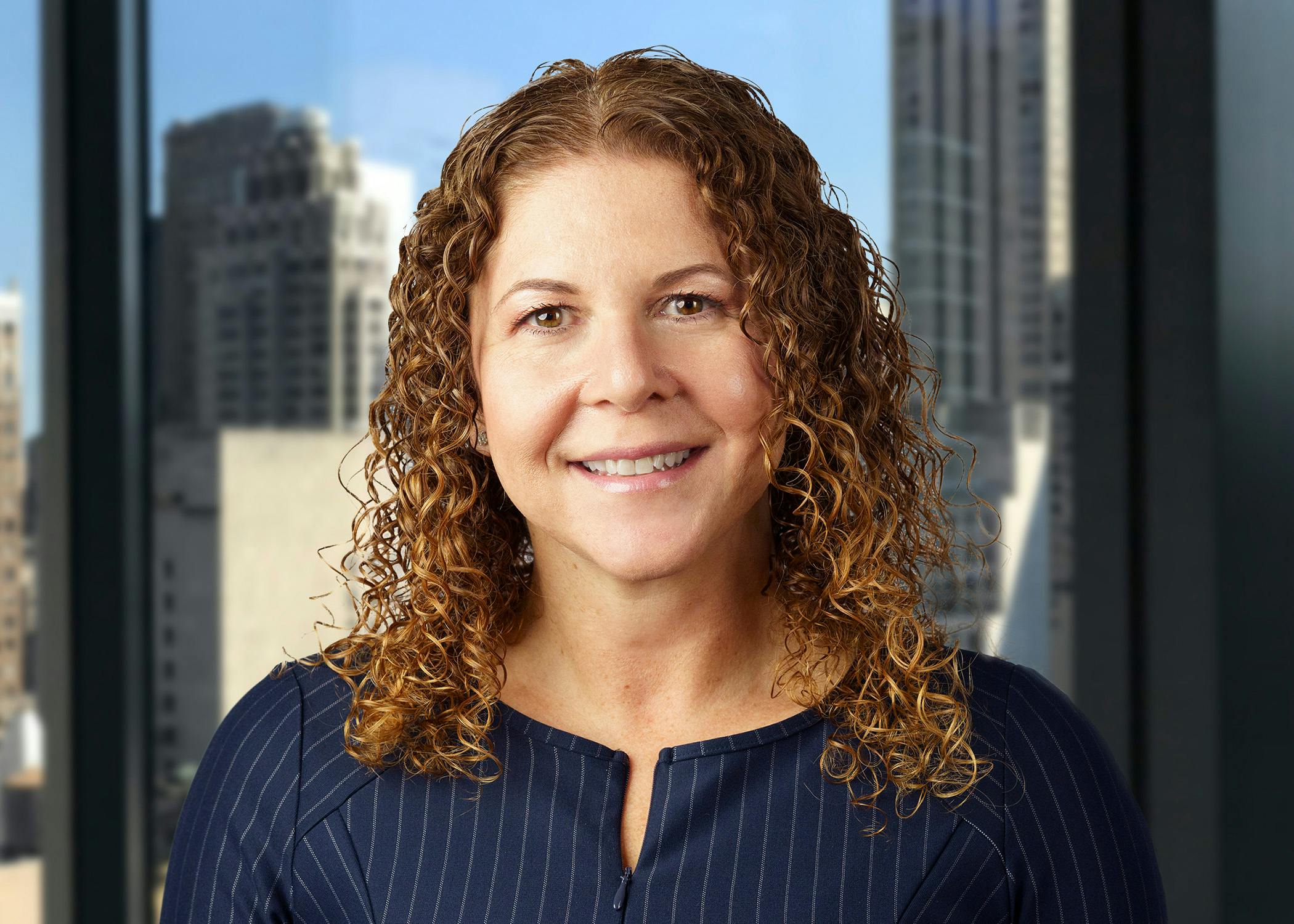On May 21, 2025, the New York State Department of Health (NYSDOH) finalized amendments to its controlled substances regulations, codifying the general requirement to conduct an in-person medical evaluation prior to prescribing and the limited exceptions to that rule. These changes finalize a rule first proposed in May 2024, following a full year of regulatory review and public comment from healthcare providers, advocacy groups, and other stakeholders. The proposed rule generated attention after it was published for its alignment with the US Drug Enforcement Administration’s (DEA) then-pending proposal to tighten requirements around remote prescribing.
The DEA had first proposed rule changes to the Ryan Haight Online Pharmacy Consumer Protection Act of 2008 in 2023. The proposal would have reimposed in-person medical evaluation requirements for most telemedicine prescribing of controlled substances, subject to defined exceptions. Following significant public comment, the DEA delayed finalizing the rule and instead extended pandemic-era prescribing flexibilities for a third time through a temporary rule, which remains in effect today.
In January 2025, the DEA issued a new proposed rule that closely resembles the structure of its withdrawn proposal, including similar restrictions on telemedicine prescribing in the absence of an in-person exam. It remains to be seen whether the DEA’s newly proposed rule will be finalized before the current telehealth waivers expire at the end of the year, and whether the agency will extend those waivers yet again.
Despite this ongoing uncertainty at the federal level, NYSDOH proceeded with its rulemaking by adopting a structure that aligns with that abandoned federal framework. Notably, however, the NYSDOH rule includes an exception for compliance with federal rules. As a result, the controlled substance prescribing landscape in New York has not yet changed—providers may continue to rely upon the federal waiver to prescribe controlled substances via telemedicine.
In-person evaluation rules and key exceptions for prescribing
The final NYSDOH rule maintains the general requirement that practitioners conduct an in-person medical evaluation before prescribing a controlled substance for the medical condition being treated. However, the rule includes several exceptions that permit prescribing in the absence of an in-person evaluation in specific circumstances. These include:
- Recent in-person evaluation: A consulting or referring practitioner has performed an in-person evaluation for the same condition within the previous 12 months;
- Temporary coverage: A covering practitioner may prescribe on a temporary basis if they have sufficient access to, or communication with, the initial prescriber;
- Emergency situations: In emergency situations involving a new condition, remote prescribing is permitted provided certain safeguards are met.
These three exceptions align with the rules previously proposed by the DEA.
Telemedicine exception linked to federal compliance
The rule also includes an exception permitting the prescribing of controlled substances through telemedicine or telehealth, so long as the practitioner complies with all applicable state and federal laws and regulations. This includes compliance with rules issued by the DEA and the US Department of Justice (DOJ).
NYSDOH issued a statement in May 2025 reinforcing that compliance with federal rules is required to satisfy the exception under the revised NYSDOH rules:
“Among the exceptions listed . . . a controlled substance may be prescribed by telemedicine/telehealth . . . in the absence of an in-person medical evaluation when consistent with state laws and regulations and the laws, rules, and regulations of the Drug Enforcement Administration.”
In short, the exception permits the prescribing of controlled substances, including those used to treat opioid use disorder, via telemedicine, provided such prescribing is compliant with both federal rules and the NYSDOH rules. But by incorporating compliance with applicable federal law as a condition of state law compliance and tethering telehealth-based prescribing to the evolving federal regulatory framework, the final rule offers some flexibility.
Compliance considerations for NY controlled substance prescribing
Although NYSDOH has finalized the rule, providers should understand that it does not require changes to current practice, as telemedicine prescribing of controlled substances in New York continues to be permissible if compliant with federal guidelines under the DEA’s temporary waiver extension.
To ensure compliance in this evolving regulatory environment, providers should continue to:
- Maintain documentation aligned with permitted exceptions: Practitioners must ensure appropriate documentation of medical evaluations—whether in person or through permitted exceptions—and maintain clear records of practitioner-patient relationships.
- Review internal policies on prescribing authority: Organizations should review how prescribing authority is delegated or shared, especially in group practices or where covering practitioners may issue prescriptions.
- Alignment with federal requirements: The NYSDOH rule is written to track existing federal law and remain adaptable as federal standards evolve. Providers should monitor federal regulatory updates to ensure that telemedicine prescribing practices remain compliant across jurisdictions.
Nixon Peabody offers strategic legal counsel to healthcare providers navigating these regulatory changes, helping them implement compliant telehealth practices. For more information on this content, please contact your Nixon Peabody attorney or the authors of this alert.



